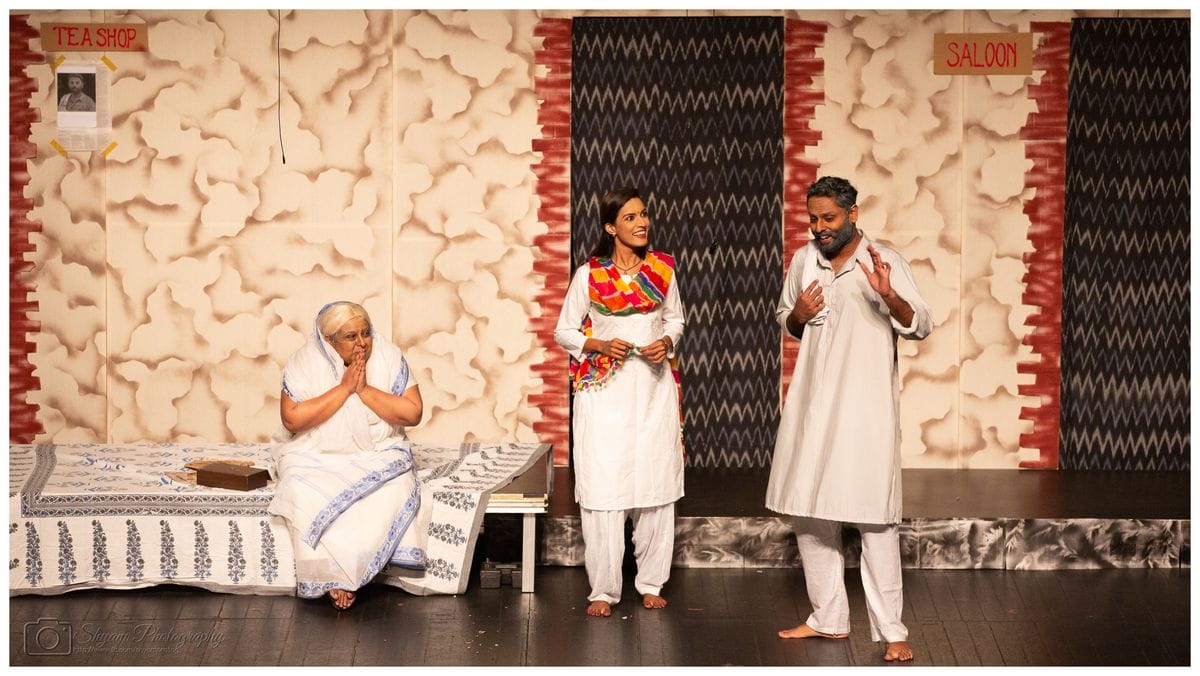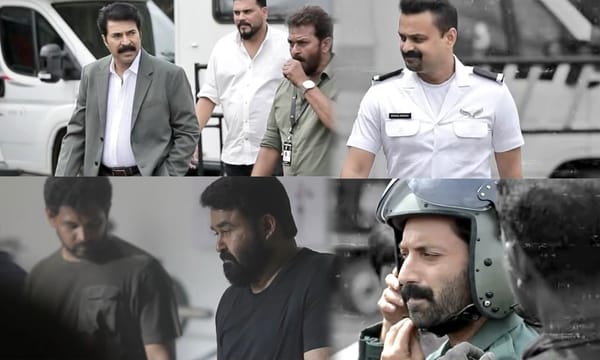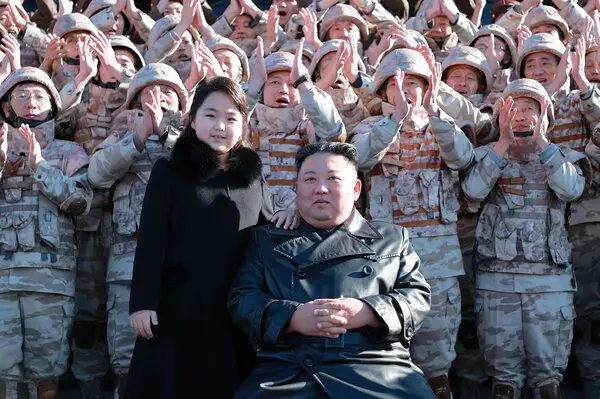Aarachar - A Review

Aarachar, by K. R. Meera is an award-winning novel from Kerala, that opens with the main character being asked to take up the position of the first female executioner of India. The novel is about what it is to be a woman in a “misogynist” society where men dictate what happens to your life, your body, and your home. The main character, Chetna Gruddha-Malick, observes the way her life is shaped by the actions of her father and a journalist hell-bent on possessing her body and time.
The audience is bombarded with a myriad of stories, myths, and histories. Even as an Indian, exposed to tongue twisting names from youth, the sheer number of characters in the play is overwhelming. Aarachar has some very thoughtful moments of feminist introspection. Aarachar was Singapore Kairali Kala Nilayam’s 8th production since its revival in 2016. The 63-year-old organisation has staged more than 200 productions till date.
M.K.V. Rajesh has done an incredible job in adapting the story to the stage with effective filtering of the characters and to aid him, D. Sudheeran, sheds his theatre experience extensively in the role of a director. Aarachar stood out from the previous productions of SKKN in multiple aspects, but the most pertinent would be the fast paced story and the efficiency of the crew in running the story at a decent pace.
Binoop Nair played the role of the patriarch convincingly well, despite his near 40 year age difference with the character and his strapping build. His voice projections are the cream of his performance with emotionally terrifying dialogue deliveries. He was awarded the Premraj Acting award for Best Actor for his performance. Devika Sivan surprised everyone with her portrayal of Chetana. Starkly different from her previous works like Miniskirt (short film) and Bhani (short film), Devika is a treat to watch juggling a traditional Malayali accent combined with a nuanced portrayal of the female struggle in an apparent “man’s world”.
Biju Kurup plays the concupiscent kleptomaniac antagonist, who despite the blasphemous and cringeworthy actions of his character, walks away with redemption as the audience understands why he is so. Granted, it was a treat to see the character of Sanjeev Kumar killed off, but Biju Kurup has established himself in the stage arena.
Nannitha Menon, despite her make up akin to the traditional “Dakini Ammoomma”, is arguably the most striking performer of the play. Her miniscule actions as “Dhakkumma” hold such weight behind them that every time she was on stage, it was hard to notice any one else. She was also one of the sole characters to have humorous dialogues in the play and she tickled the audience’s funny bone well. She received the Premraj Acting award for Best Actress.
Jayaram Nair, in his portrayal of the charming octogenarian establishes once again that no matter what, you cannot hate this guy. Jayaram is noted for his cameos in the stage scene, and even sizzled in his previous suave villain performance in ‘Bombay Tailors’.
Rajeev Philip, plays a damn good strait-laced cop, and he does one damn good job. His stentorian voice is his greatest asset followed by his grim moustache, and the actor uses both dexterously to establish over-powering stage presence. Muhammad “Kunjalikutty” Shafiq portrayed the role of the constable with merit despite his debut for a Malayalam play.
Jithu Mohan and Veena Unny added to the conniving relatives of Chetana along with Nisha Ramkumar and Geethu Gopalan. Subin Abraham embraced the role of a zoned out philosophical personality, and even adjusted his appearance to compliment the same. Other notable performances included the slippery advocate by Vivek, the penitent convict by Muralee and his wailing wife Leya, the immoral relative by Shanish, the curious reporter by Bimal Raj, Medha and Asim.
Due to the play’s long runtime of nearly 150 minutes, Shibolin Gangadharan’s dance number served as a good refresher to break the pace from a grim tale.
The props were exceptional with a terrifying corpse, thanks to the art director Diljith, who is known for his works in films and theatre alike. Pranav played the violin deftly to add to the audience’s agony, leading them to tears for the emotionally taxing moments.
In all honesty, although K.R. Meera, a left oriented writer, tends to delve on the struggles and woes of the downtrodden and the “working class” overtly, however M.K.V. Rajesh was able to alienate the tale from such diversions and delivered a straight narration free of communist subtext. D. Sudheeran is truly a directorial force in Singapore to reckon with. SKKN has definitely beaten its previous productions and this one will be hard to beat.




